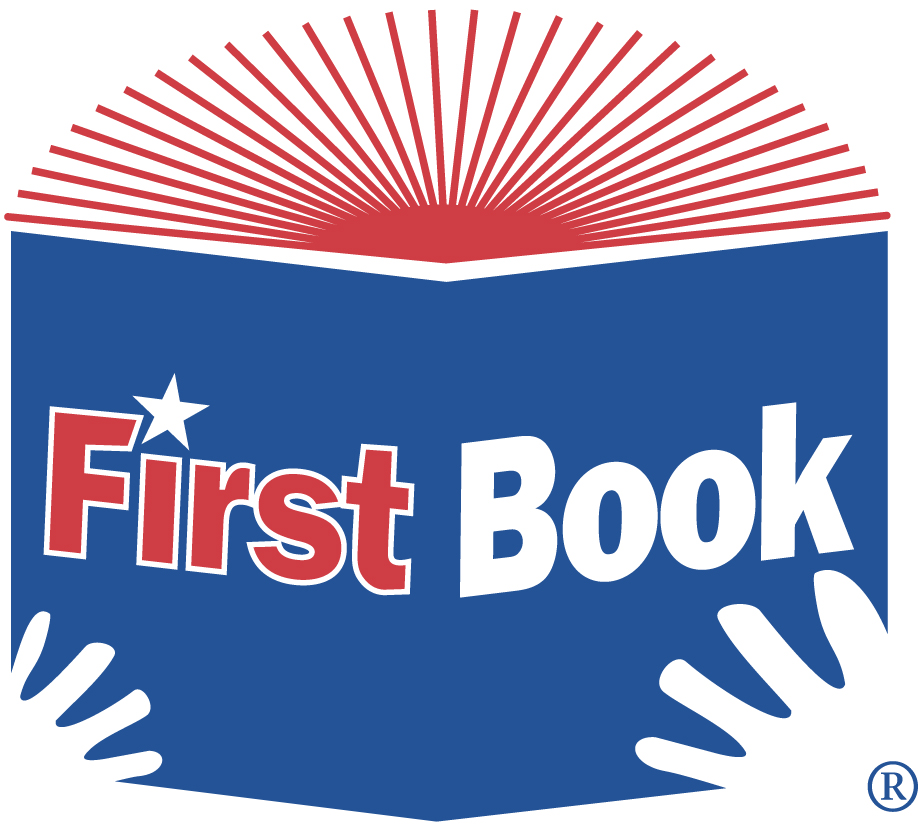
My First Book Went a Little Like This!
February 7, 2013



If you’re a writer who is thinking of
publishing for the first time, that first book is the most important piece of
work you will do in your career. You’re meeting your audience for the
first time, and first impressions mean everything. It isn’t too often in life
that people give us a second chance, and the readers of the world have proven
themselves a difficult crowd to please. So how do we maximize the reach of our
book and make sure that our readers keep coming back for more?
publishing for the first time, that first book is the most important piece of
work you will do in your career. You’re meeting your audience for the
first time, and first impressions mean everything. It isn’t too often in life
that people give us a second chance, and the readers of the world have proven
themselves a difficult crowd to please. So how do we maximize the reach of our
book and make sure that our readers keep coming back for more?
I
have heard a few people say that publishing your first book is a lot like
running for political office. Your goal as an “unknown author” is to sell
yourself and your ideas to readers. This often means taking a step back and
considering how other people will respond to the ideas you have. It also means taking time to see if there is
a way to widen the appeal of your subject matter.
have heard a few people say that publishing your first book is a lot like
running for political office. Your goal as an “unknown author” is to sell
yourself and your ideas to readers. This often means taking a step back and
considering how other people will respond to the ideas you have. It also means taking time to see if there is
a way to widen the appeal of your subject matter.
In
as much as writing is an art form, and thus subjective by nature, it is
important to make sure you take an objective eye to your writing. For example,
if you are writing a first novel that is a commentary on feminism or women’s
rights, it is your challenge as a writer to not purposely estrange male
readers. In such a book you could avoid demonizing every male figure,
acknowledge that there are some X-chromosome failings, or have a strong male
protagonist who also acknowledges women’s rights. These are just some examples,
but they are just to start the fine-tooth combing process that should be your first
editing process. Sometimes you don’t
even realize that something you’ve written is offensive to a group of people, but it isn’t necessarily adding anything to your point either. A good writer can appeal
to many different kinds of readers while still staying true to their message.
as much as writing is an art form, and thus subjective by nature, it is
important to make sure you take an objective eye to your writing. For example,
if you are writing a first novel that is a commentary on feminism or women’s
rights, it is your challenge as a writer to not purposely estrange male
readers. In such a book you could avoid demonizing every male figure,
acknowledge that there are some X-chromosome failings, or have a strong male
protagonist who also acknowledges women’s rights. These are just some examples,
but they are just to start the fine-tooth combing process that should be your first
editing process. Sometimes you don’t
even realize that something you’ve written is offensive to a group of people, but it isn’t necessarily adding anything to your point either. A good writer can appeal
to many different kinds of readers while still staying true to their message.
Much
like running for political office, you can’t please everyone, so some readers
will be left out of your audience. The ultimate goal is to minimize this residual
reader loss. Maybe someone doesn’t necessarily like the subject matter, but
respects how you approached it and will therefore be more inclined to pick up
your second book.
like running for political office, you can’t please everyone, so some readers
will be left out of your audience. The ultimate goal is to minimize this residual
reader loss. Maybe someone doesn’t necessarily like the subject matter, but
respects how you approached it and will therefore be more inclined to pick up
your second book.
In
short, don’t be a blind and lazy writer. And don’t make the mistake of assuming
that by appealing to a broader audience you have to dilute your ideas.
Appealing to a wider demographic is a challenge, but the reward, should you
choose to accept it, is well worth the effort.
short, don’t be a blind and lazy writer. And don’t make the mistake of assuming
that by appealing to a broader audience you have to dilute your ideas.
Appealing to a wider demographic is a challenge, but the reward, should you
choose to accept it, is well worth the effort.
You May Also Like

Just Publish
November 2, 2011
Why Some Writers Write– and Some Publish
October 29, 2011

